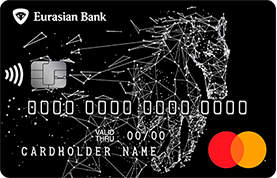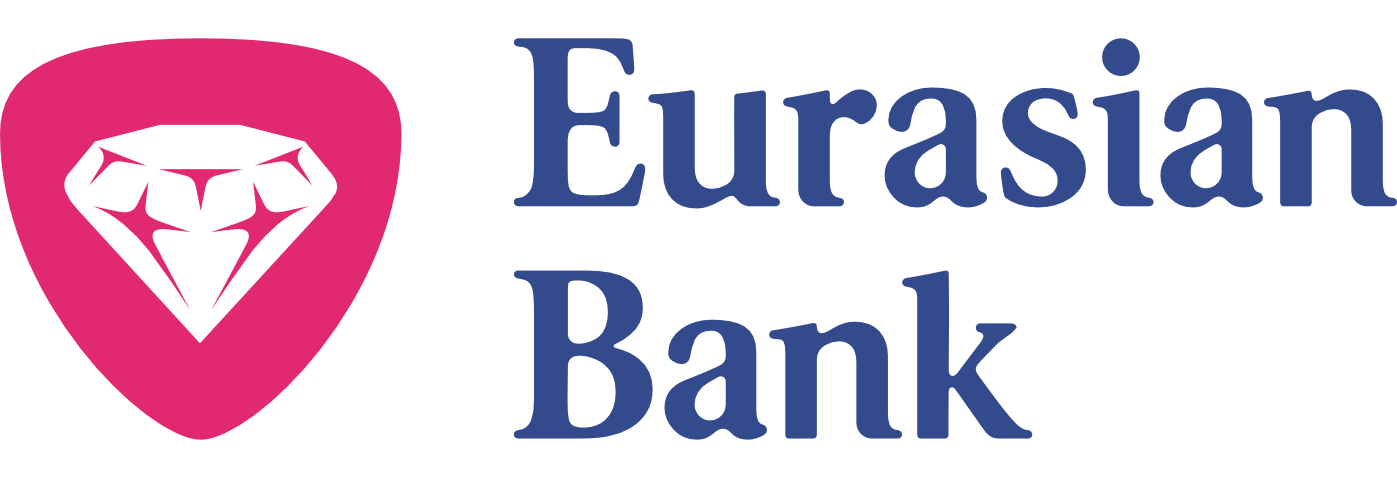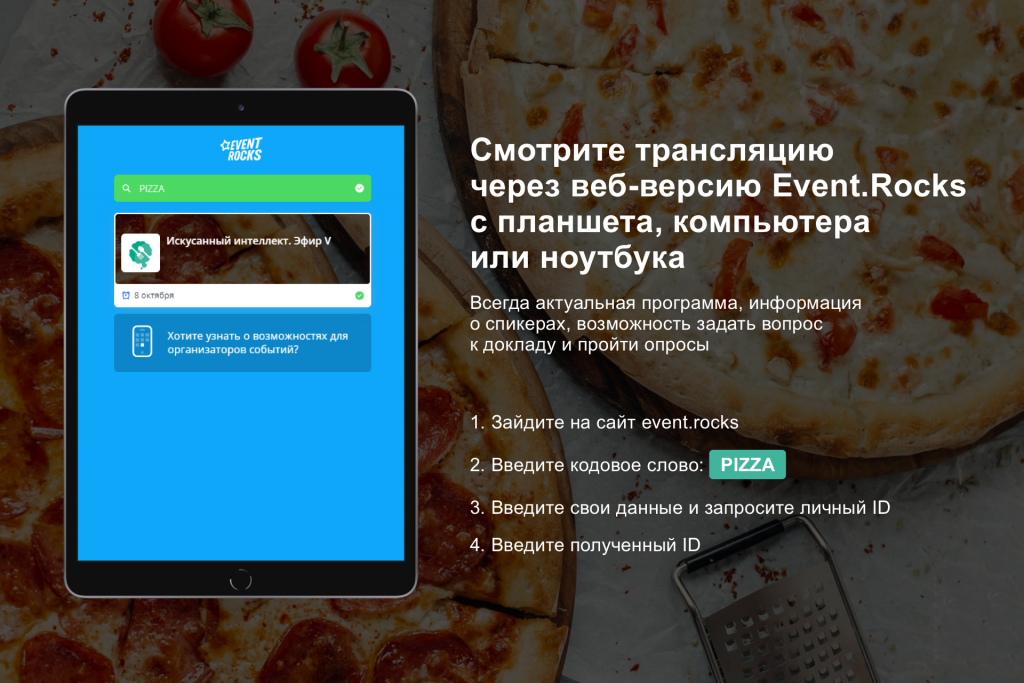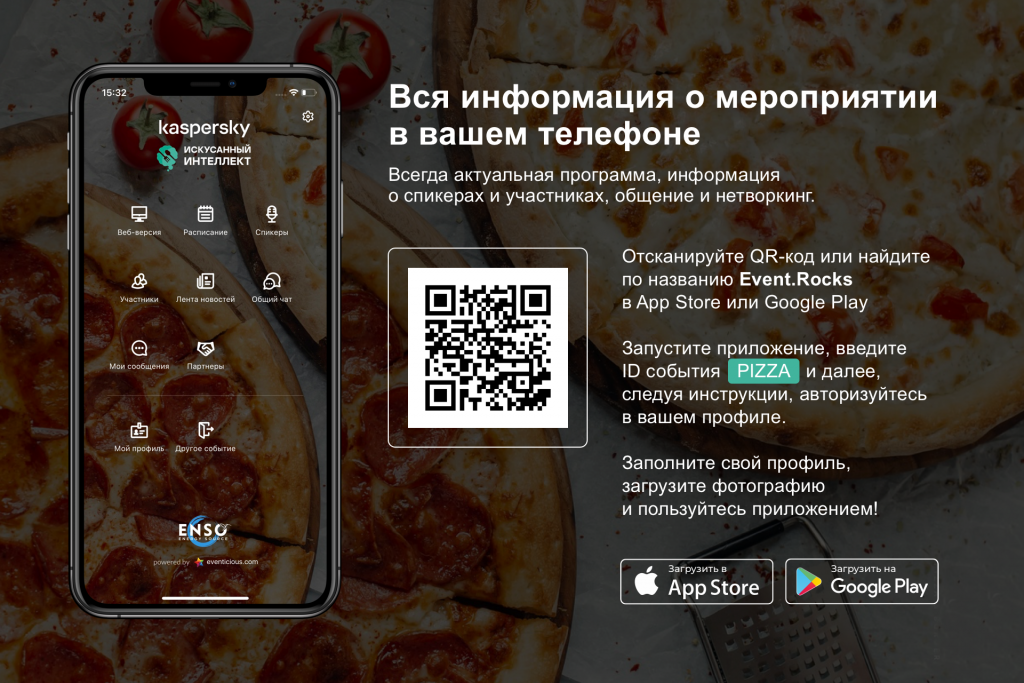On 6 October, Svetlana Korolyova spoke at the Fraud In The Pandemic Era press conference, organized by Kaspersky lab in Central Asia, the CIS and the Baltic States, and presented to journalists the research data on the MasterCard payment system, according to which Kazakhstan has one of the lowest fraud levels. It is higher in Russia, even higher in European countries and China, and the highest in the United States. Therefore, it is important to consider other countries’ experience to prevent the cyber fraud growth in our country.
During the pandemic, there was a spike in phone fraud across the country. Calls to victims were made from allegedly Bank employees using social engineering methods and manipulation. In 85% of cases, people gave personal card data to fraudsters, and in the remaining 15% of cases, this data was left publicly available on the Internet.
Yevgeniy Pitolin, Managing Director of Kaspersky lab in Central Asia, the CIS and the Baltic States, said that every third citizen in Kazakhstan met with an attempt of fraud, losses in each case averaged 12 thousand tenge.
“This money is not coming every day, it is earned by our citizens, and if it were not for fraudsters, it could be spent usefully. This is why it is so important to be informed, cultivate cyber literacy, demonstrate healthy skepticism, critical thinking, and follow basic rules. Unlike other countries, according to the study, Kazakhstanis are not only more trusting, but also very susceptible to super-profitable offers, easy earnings, and freebies. They believe in the fairy tale of cheap loan, for example. We must remember that rose — colored glasses always break the glass inside,” said Yevgeniy Pitolin.
The experts remind the rules of safe payment card use:
• Be critical of any calls from people who pretend to be Bank employees. Do not enter into negotiations, but put down the phone and call the Bank for clarification.
• Never tell anyone your card details: a PIN-code, a 16-digit number, expiry date, the owner’s name and a three-digit code on the back of the card, SMS with codes that are sent to your mobile phone.
• Do not click on questionable links from SMS or messages in messengers.
• Make sure that the address of the service or product website is spelled correctly. Use websites only if it has an https:// label and a lock sign.
• Require payment card transactions to be conducted exclusively in your presence.
• Never send your card scan, photo or data via messengers to third parties.







